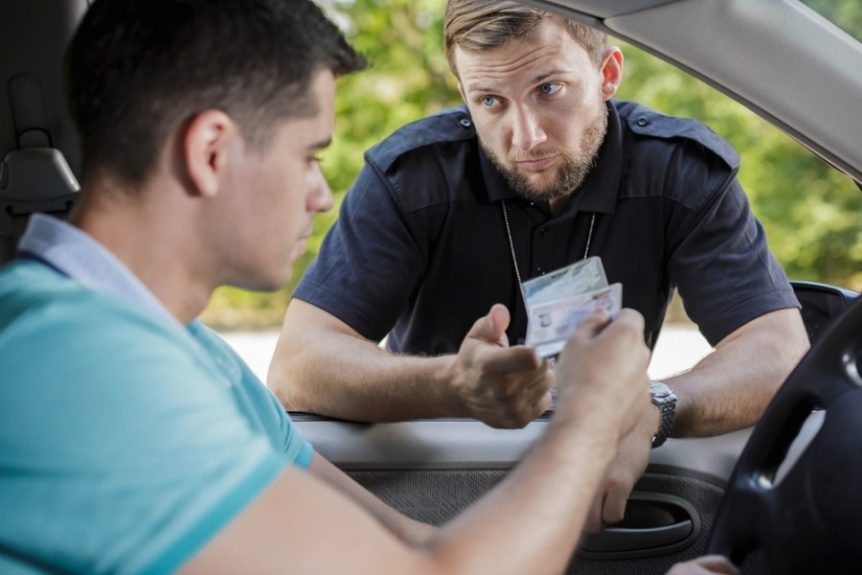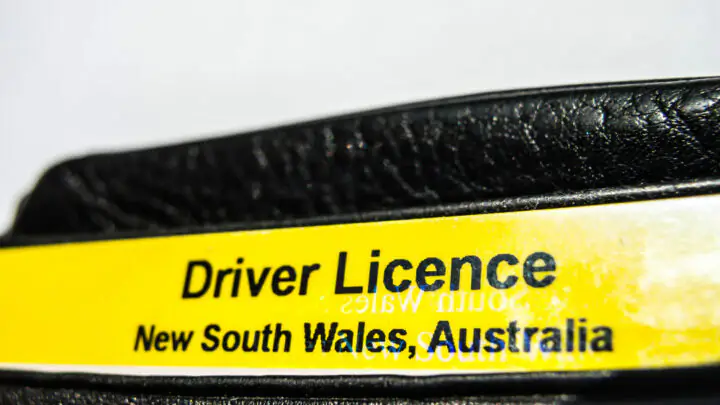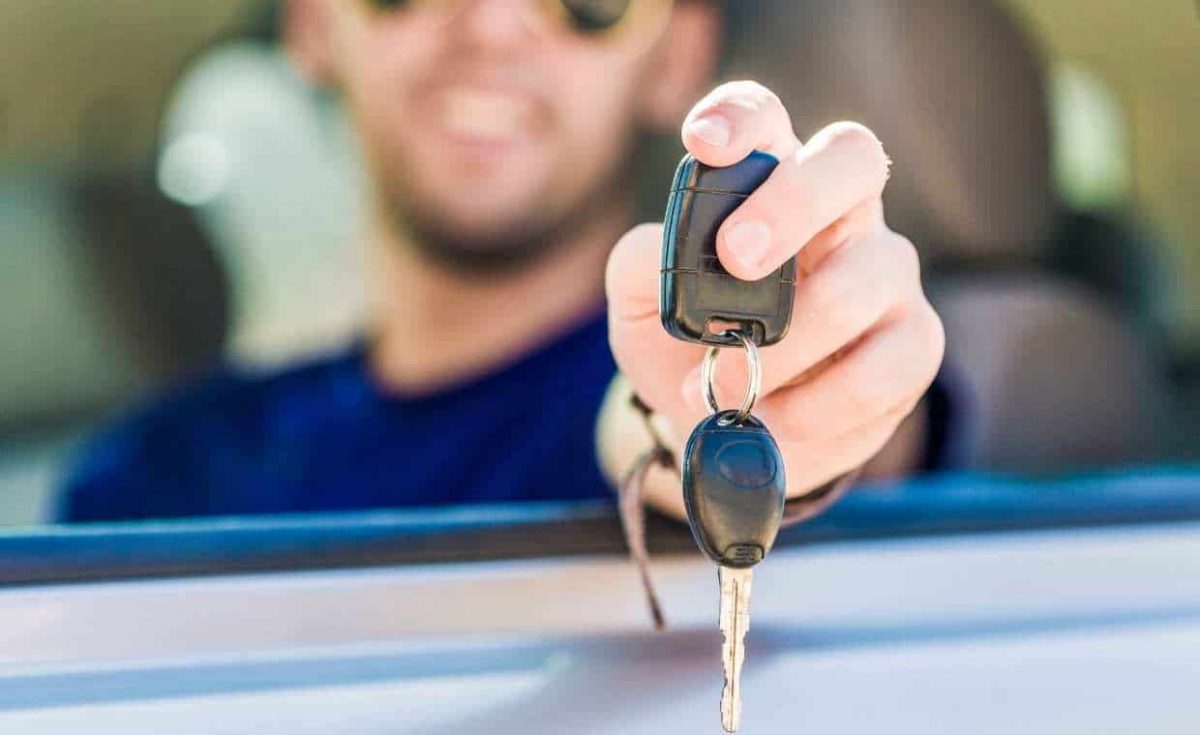How to Appeal a Disqualified License in NSW: A Step-by-Step Guide
Understanding License Disqualification in NSW
What is License Disqualification?
How do I appeal a disqualified licence in NSW? License disqualification refers to the suspension or revocation of a driver’s license by the Roads and Maritime Services (RMS) in New South Wales (NSW). This penalty is imposed when a driver commits serious traffic offenses or accumulates a certain number of demerit points within a specified period.
Reasons for License Disqualification
There are several reasons why your license may be disqualified in NSW. Some common reasons include:
Drink driving or driving under the influence of drugs.
Speeding or reckless driving.
Accumulating demerit points exceeding the threshold within a specific period.
Driving while disqualified or suspended.
Causing death or injury due to negligent driving.

The Consequences of License Disqualification
When your license is disqualified, you are not legally permitted to drive any vehicle on NSW roads during the disqualification period. If you drive while disqualified, you may face severe penalties, including fines, imprisonment, and further extension of the disqualification period.
Appealing a Disqualified License in NSW
Step 1: Understand the Disqualification Notice
Upon being disqualified, you will receive a disqualification notice from the RMS. This notice provides details of the disqualification, including the start and end dates of the disqualification period. It is essential to carefully review this notice and understand the reasons for disqualification.
Step 2: Seek Legal Advice
If you wish to appeal the license disqualification, it is highly recommended to consult with a qualified traffic lawyer. They will assess your case, advise you on the best course of action, and guide you through the appeal process.
Step 3: Lodge an Appeal
To appeal the license disqualification, you must lodge an appeal with the Local Court within 28 days of receiving the disqualification notice. The appeal should include a completed ‘Notice of Appeal’ form, which can be obtained from the court or online. Make sure to provide all necessary information and supporting documents.
Step 4: Prepare for the Appeal Hearing
Once your appeal is lodged, the court will schedule a hearing. It is crucial to prepare for the hearing by gathering relevant evidence and supporting documentation. This may include witness statements, medical records, or any other evidence that strengthens your case.

Step 5: Attend the Appeal Hearing
On the scheduled hearing date, you must attend court along with your legal representation. Present your case, providing evidence and arguments to support your appeal. The court will consider the evidence presented by both parties and make a decision.
Factors Considered by the Court
Prior Traffic Offenses
The court may take into account your previous driving history, including any previous traffic offenses, to determine the severity of the penalty.
Circumstances of the Offense
The circumstances surrounding the offense, such as the level of intoxication (if applicable), speed, and potential harm caused, will also be considered by the court.
Remorse and Rehabilitation
Expressing genuine remorse for your actions and demonstrating efforts towards rehabilitation, such as attending counseling or rehabilitation programs, may positively influence the court’s decision.
family obligations, the court may take this into consideration when making a decision.
Previous Good Character and Community Contributions
If you have a history of good character and have made positive contributions to your community, such as volunteer work or involvement in charitable organizations, it can be presented as a factor in your favor during the appeal.
Final Thoughts
Successfully appealing a disqualified license in NSW requires a thorough understanding of the process and strong legal representation. It is crucial to seek legal advice from a qualified traffic lawyer who can guide you through the appeal process, gather the necessary evidence, and present a compelling case in court.
Remember, each case is unique, and the outcome of an appeal can vary depending on the circumstances. By following the steps outlined in this guide and presenting a strong case, you can increase your chances of having your license disqualification overturned or reduced. https://www.sydneyfamilycriminaldefencelawyers.com.au
However, it is important to note that this article serves as a general guide and should not be considered legal advice. For specific information and advice tailored to your situation, consult with a professional traffic lawyer who can provide accurate guidance based on your individual circumstances.





